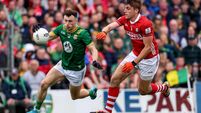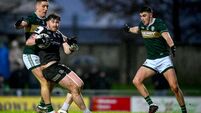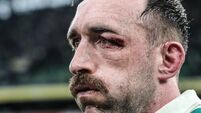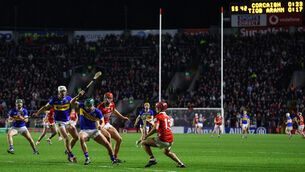Interview: Rob and Marian Heffernan are totally in sync
She’s only six weeks out now. She couldn’t risk the flight. But the rest of his journey the last 10 years or so, she’s been there virtually every step of the way.
The past two and a bit, she’s been his coach.












